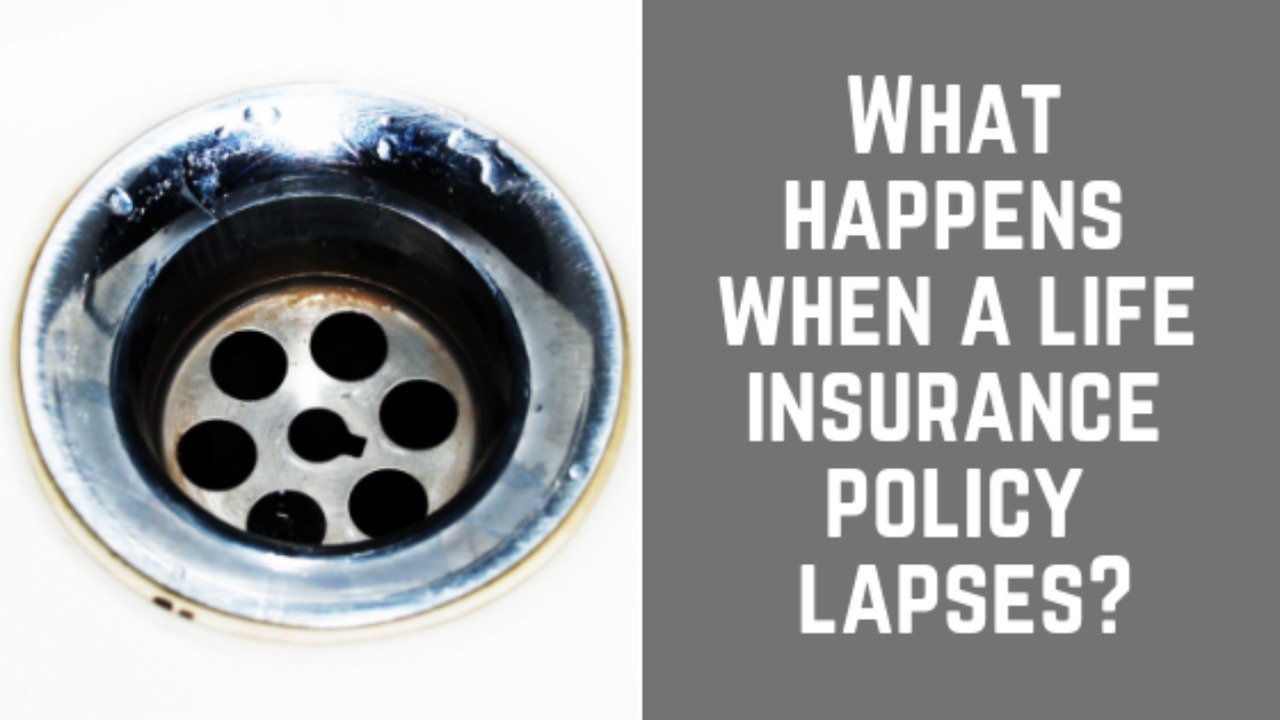Home>Finance>Lapse: Definition, How It Works With Insurance, And Consequences


Finance
Lapse: Definition, How It Works With Insurance, And Consequences
Published: December 16, 2023
Learn about the definition and consequences of lapses in insurance with this comprehensive guide. Understand how it works in the finance industry.
(Many of the links in this article redirect to a specific reviewed product. Your purchase of these products through affiliate links helps to generate commission for LiveWell, at no extra cost. Learn more)
Lapse: Definition, How It Works With Insurance, and Consequences
Have you ever wondered what happens when an insurance policy lapses? Lapses can have significant consequences, especially in the realm of insurance. In this blog post, we will delve into the meaning of a lapse, how it works with insurance, and the potential repercussions. So, let’s dive in and gain a better understanding of this important financial concept.
Key Takeaways:
- A lapse occurs when an insurance policyholder fails to pay premiums, resulting in the termination of coverage.
- Insurance companies usually allow a grace period for premium payments, but if it remains unpaid beyond that period, the policy may lapse.
What is a Lapse?
A lapse occurs when an individual fails to pay the premiums required to maintain an active insurance policy. Insurance policies, whether for life, health, or other forms of coverage, require regular premium payments for continuous protection. If a policyholder neglects to make these payments within the specified timeframe, the insurance policy can lapse, leading to a loss of coverage.
How Does a Lapse Work with Insurance?
Insurers typically provide a grace period for premium payments. This period allows policyholders to make their payments even if they miss the due date, keeping their policies intact. During the grace period, coverage remains in effect, and policyholders have the opportunity to catch up on their missed payments.
However, if a premium remains unpaid beyond the grace period, the insurance policy may lapse. Once this happens, the coverage will be terminated, and the policyholder will no longer be protected under the terms of the insurance policy. It is important to note that the length of the grace period can vary depending on the type of insurance and the specific policy.
When a policy lapses, the policyholder loses the benefits and protection that the insurance policy provided. They will no longer have access to the financial support or coverage for medical expenses, property damage, or any other covered events. It’s crucial to pay attention to premium due dates and ensure timely payments to prevent policy lapses.
Consequences of a Lapse
The consequences of a lapse can be severe, depending on the type of insurance and the circumstances. Here are some potential repercussions:
- Loss of Coverage: The most immediate consequence of a lapse is the loss of insurance coverage. Without an active policy, individuals are exposed to financial risks that were initially mitigated by the insurance.
- Difficulty in Regaining Coverage: Once a policy has lapsed, it can be challenging to reinstate or obtain a new insurance policy. Insurers may view policyholders with a history of lapses as higher risk, resulting in higher premium rates or denial of coverage altogether.
- Possible Financial Consequences: Depending on the type of insurance, a lapse may result in financial loss due to uncovered medical expenses, repair costs for damaged property, or even legal liabilities.
In summary, an insurance policy lapse occurs when a policyholder fails to pay the required premiums within the grace period. This can lead to the termination of coverage and various consequences, including difficulties in obtaining future coverage and potential financial losses. Ensure timely premium payments to keep your insurance policy active and protect yourself from unexpected financial burdens.
Remember: Always consult with an insurance professional or financial advisor to gain a comprehensive understanding of insurance policies and their individual terms and conditions.
Thank you for reading our blog post on lapses in insurance policies. We hope you found this information helpful and now have a clearer understanding of what happens when an insurance policy lapses. If you have any further questions or would like to learn more about other financial topics, feel free to explore our Finance category.














